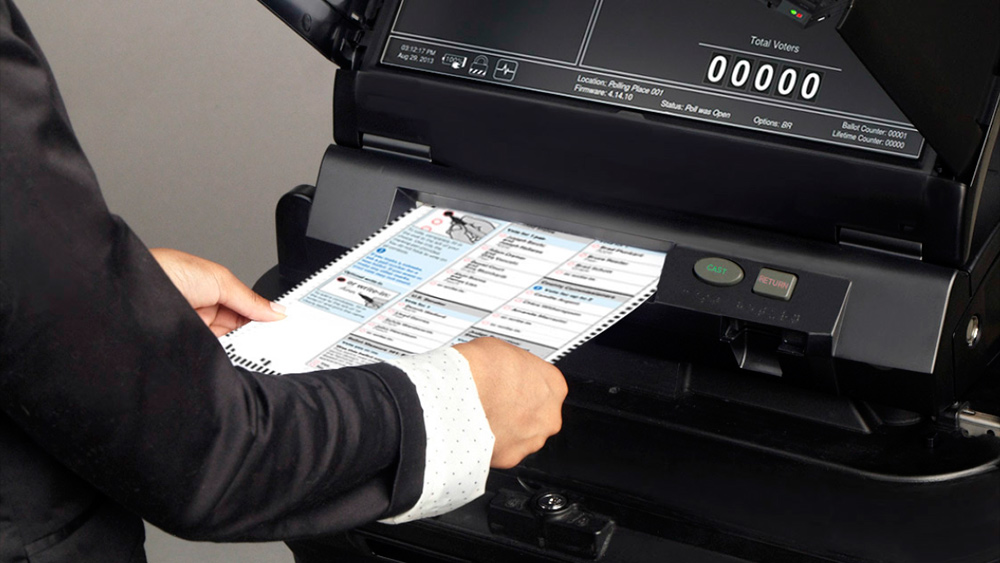How Google’s new depression diagnosis tool is a Big Pharma plot to mass diagnose the public with depression (and sell more drugs)
09/19/2017 / By Michelle Simmons

Experts warned that Google’s depression screening tool will lead to over-diagnosis, over-prescribing, and misuse of data, as reported by The Daily Mail.
A Google search for the query “Am I depressed?” on mobile phones or computers will suggest a link to the self-assessment quiz called the patient health questionnaire (PHQ-9), which is used by doctors to assess the severity of depression and response to treatment.
The Internet giant developed the screening tool together with the National Alliance on Mental Illness (Nami) and released it in August. It was developed to offer help to those who may be suffering from mental health problems.
One of the goals of the test is to shorten the gap of the average six years it takes for a person to be diagnosed with depression.
However, Simon Gilbody, a professor of psychological medicine at the University of York, claimed that the quiz could just lead to over-treatment of depression in the middle of the United States’s opioid epidemic. He warned that the tool’s development was funded by major drug company Pfizer, which profits from the sale of antidepressants. He also warned that the test has a likelihood of giving inaccurate results.
Gilbody claimed in the British Medical Journal (BMJ) that many of the answers the test would identify as warning signs were actually “transient psychological distress, which will remit without treatment” and that the test could misidentify other disorders or mental health issues as depression.
Even in most health systems, let alone online, depression screening is generally inadequate and not recommended in the United Kingdom, according to Gilbody.
Gilbody claimed that screening programs will likely add to the upward trend in antidepressant prescriptions.
David Gilbert, director of InHealth Associates, mirrored Gilbody’s concerns about Pfizer’s involvement. “Google is driving people quicker down the path to Big Pharma. Remember, Pfizer funded the development of the tool,” Gilbert warned in the Head to Head section of BMJ. (Related: Big Pharma’s targeted drug dealing scheme threatened by new Privacy Badger web browser extension)
Pfizer did own the copyright to the PHQA-9 tool and is also the maker of Xanax, a common antidepressant drug.
“Historically, the boundaries between pharmaceutical advertising and patient information are also blurred by the presence of online disease awareness campaigns sponsored by [the] industry,” Gilbert wrote.
However, the U.S. Preventive Service Task Force (USPSTF) published a final recommendation on the screening for depression in adults. “The USPSTF recommends screening for depression in the general adult population, including pregnant and postpartum women,” the USPSTF wrote.
It was also noted that screening should be “implemented with adequate systems in place to ensure accurate diagnosis, effective treatment, and appropriate follow-up.”
Moreover, clinical psychiatrist Ken Duckworth disagreed with Gilbody and Gilbert. He pointed out that the tool was not meant to replace clinical screening. “The test is intended as widespread education to prompt informed conversations with clinical professionals to suggest potentially helpful sources,” he wrote in the Head to Head section.
He stressed that the result alone cannot drive treatment without a professional making a formal diagnosis, nor should it threaten privacy as Google will not store any results.
In a blog posted by Google, Mary Giliberti, chief executive officer of Nami, wrote that although the results of the PHQ-9 can help people determine their level of depression and response to treatment, it is important to note that PHQ-9 is not meant to act as a singular tool for diagnosis.
The survey asks about how frequently the person feels down, what are his energy and interest levels, sleeping and eating patterns, and thoughts of suicide. Each answer has an equivalent numeric score and the total score reveals the depression level of the respondent and provides some basic information on depression.
“We hope that by making this information available on Google, more people will become aware of depression and seek treatment to recover and improve their quality of life,” Giliberti wrote.
Read more news like this at Psychiatry.news.
Sources include:
USPreventiveServicesTaskForce.org
Submit a correction >>
Tagged Under:
Big Pharma, depression, drug cartels, drug pushers, false diagnosis, Google, Medicine, Pfizer, psychiatric drugs, search engine, search results, SSRIs
This article may contain statements that reflect the opinion of the author
RECENT NEWS & ARTICLES
COPYRIGHT © 2017 GOVTSLAVES.COM
All content posted on this site is protected under Free Speech. GovtSlaves.com is not responsible for content written by contributing authors. The information on this site is provided for educational and entertainment purposes only. It is not intended as a substitute for professional advice of any kind. GovtSlaves.com assumes no responsibility for the use or misuse of this material. All trademarks, registered trademarks and service marks mentioned on this site are the property of their respective owners.



















